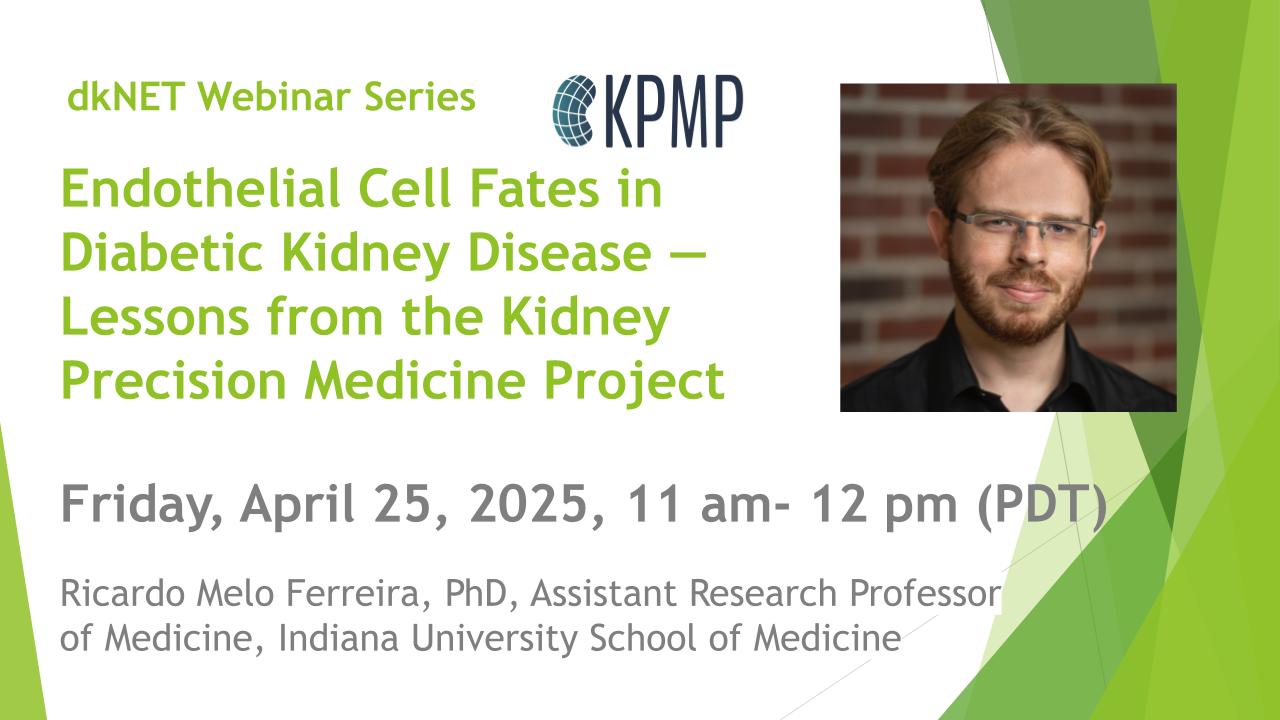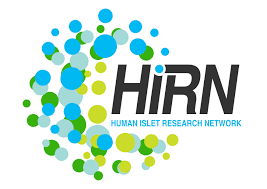Leaving Community
Are you sure you want to leave this community? Leaving the community will revoke any permissions you have been granted in this community.
Project Team
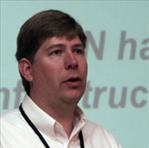
Jeffrey Grethe, dkNET PI (2013 - present)
Dr. Grethe has a BS from the University of California Irvine in Applied Mathematics and a Ph.D. in Neuroscience, with a focus on bioinformatics, from the University of Southern California. Throughout his career, his primary focus has been on enabling collaborative research, data sharing and discovery through the application of advanced informatics approaches. Before coming to UCSD he was one of the core members responsible for bringing the fMRI Data Center online, the first publicly accessible repository of peer-reviewed fMRI studies. He is currently leading a number of large scale biological and biomedical informatics projects (i.e. PI for the NIDDK Interconnectivity Network Coordinating Center, co-PI for the Neuroscience Information Framework, and Technical Lead for the Community Cyberinfrastructure for Advanced Microbial Ecology Research and Analysis) in the Center for Research in Biological Systems at the University of California, San Diego.
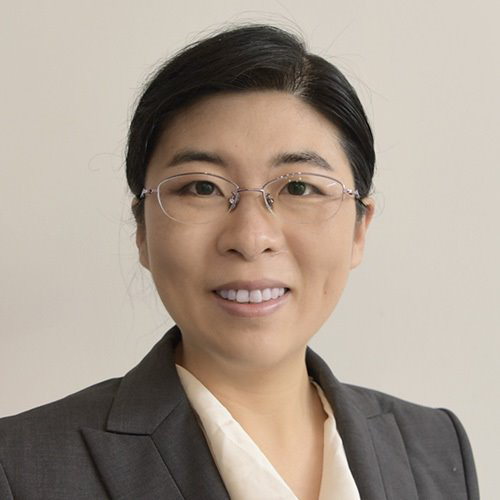
Dr. Shuibing Chen, dkNET PI (March, 2024 - present)
Dr. Shuibing Chen is the Kilts Family Professor, Vice Chair of Innovation, and the Director of the Diabetes Program in the Department of Surgery, and the Director of the Center of Genomic Health at Weill Cornell Medicine. She received my B.S. and M.S. in Chemistry from Tsinghua University in China. Then, she pursued my PhD under the advisement of Dr. Peter G. Schultz at the Scripps Research Institute. After graduation, she joined Dr. Doug Melton’s laboratory at Harvard University. Dr. Chen's research focuses on manipulating stem cell fate using chemical and biological approaches and generating functional tissues and organs that can be used for translational research. Her lab’s goal is to use these patient-specific tissues and organs for replacement therapy, particularly in diabetes.
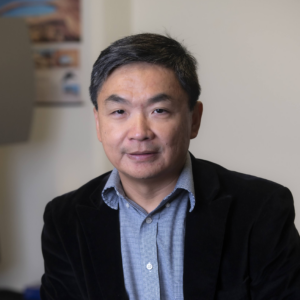
Dr. Chen Li, dkNET PI (March 2024- present)
Dr. Chen Li is a professor in the Department of Computer Science at UC Irvine. He received his Ph.D. degree in Computer Science from Stanford University, and his M.S. and B.S. in Computer Science from Tsinghua University, China. He was a recipient of an NSF(National Science Foundation) CAREER award, an ACM (Association for computing machinery) distinguished member, and an IEEE fellow. His research interests are in the fields of data management, data science, and data analytics related to machine learning, including databases, data-intensive computing, search, and large-scale analytics and visualization.
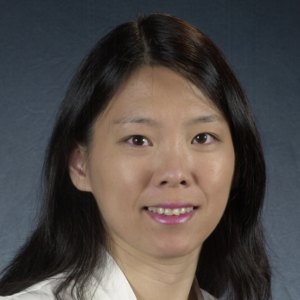
Dr. Wei Wang, dkNET PI (March 2024 - present)
Dr. Wang is the Leonard Kleinrock Chair Professor in Computer Science and Computational Medicine at the University of California, Los Angeles and the director of the Scalable Analytics Institute (ScAi). She is also a member of the UCLA Jonsson Comprehensive Cancer Center, Institute for Quantitative and Computational Biology, and Bioinformatics Interdepartmental Graduate Program. She received her PhD degree in Computer Science from the University of California, Los Angeles in 1999. She was a professor in Computer Science and a member of the Carolina Center for Genomic Sciences and Lineberger Comprehensive Cancer Center at the University of North Carolina at Chapel Hill from 2002 to 2012, and was a research staff member at the IBM T. J. Watson Research Center between 1999 and 2002. Dr. Wang's research interests include big data analytics, data mining, database systems, natural language processing, bioinformatics and computational biology, and computational medicine.
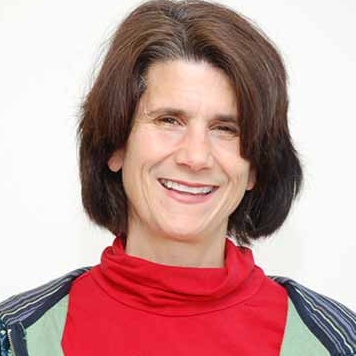
Maryann Martone, dkNET PI (2013 - 2024)
Dr. Martone has a BA from Wellesley College in biological psychology and a Ph. D. in neuroscience from the University of California, San Diego, where she is currently a Professor in the Department of Neuroscience. Her background is in neuroanatomy, particularly light and electron microscopy, but she spends most of her time now in the field of neuroinformatics. She is the principal investigator of the Neuroinformatics Framework project, a national project to establish a uniform resource description framework for neuroscience. Her recent work has focused on building ontologies for neuroscience for data integration. She heads the International Neuroinformatics Coordinating Facility (INCF) program on ontologies. She is the president of FORCE11, an organization dedicated to advancing scholarly communication and e-scholarship.
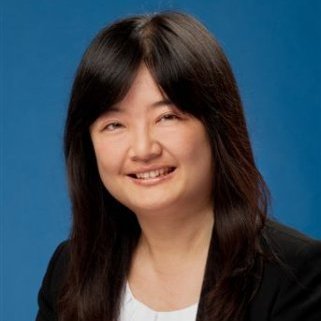
Ko-Wei Lin, Project Manager (2015 - present)
Dr. Lin has a DVM from National Taiwan University and a PhD in Comparative Biomedical Sciences, focusing on Cell Biology, from North Carolina State University. Her post-doctoral training at University of California San Diego were both in Biomedical Sciences focusing on inflammatory and immune pathways, and in Biomedical Informatics. She also has extensive experience in bridging the biomedical sciences and informatics -e.g. through information model development and validation, user outreach, and user requirement analysis for developing information retrieval tools.
Sean Penticoff, Systems Support
Sean is a systems engineer working for the Center for Research in Biological Systems at the University of California, San Diego. He has 10+ years of experience working on system integration and configuration management.

Burak Ibrahim Ozyurt, Nature Language Processing (NLP) Engineer
Chun-Nan Hsu, Associate Professor, Nature Language Processing (NLP) (2018 - 2023)
Dr. Hsu earned his PhD in Computer Science from USC and was Assistant Professor in Computer Science & Engineering at Arizona State University before he joined Academia Sinica, Taiwan (1998-2014). He joined UCSD in 2013 and has been leading teaching and research in biomedical text mining since then. He was awarded Senior Member of Association of Computing Machinery (ACM) in 2011 and the IBM Faculty Award for his distinguished contributions to biomedical text mining in 2012.
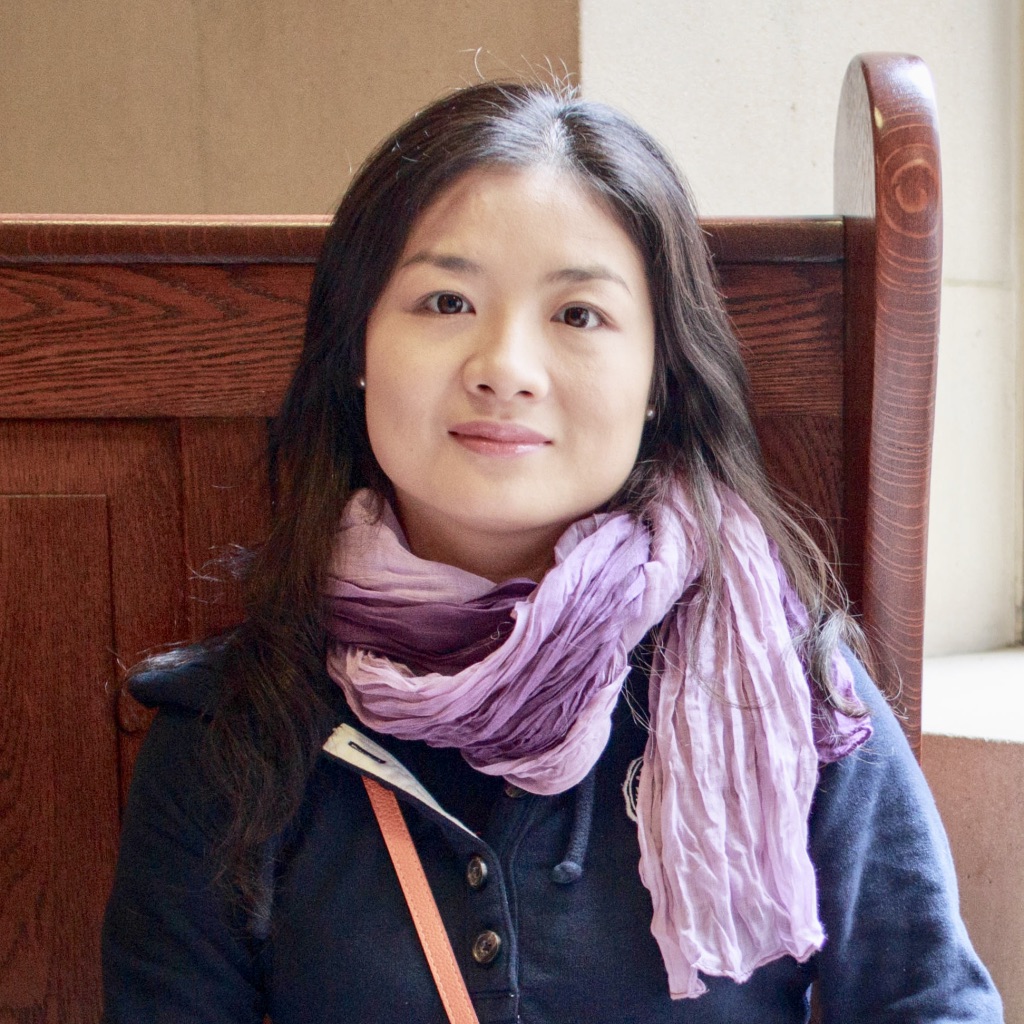
Xiaohui (Vicky) Guo, Web Developer (2018 - present)
Xiaohui (Vicky) has a BS in telecommunication engineering. She previously worked as a programmer in the bioinformatics core in Sanford Burnham Prebys Medical Discovery Institute focusing on developing pipelines for various bioinformatics analyese and web-based bioinformatics tool. She joined UCSD in 2018 and was in charge of web interface development.
James Go, Alumni, Web Developer (2015-2018)
James has a BS in Cell and Molecular Biology from Cal State Northridge. He previously worked as a researcher and web developer at UCLA where he analyzed epigenetic and proteomic data and created web interfaces for collaborating researchers to access their data. James has gone back to UCLA to pursue an advanced degree in bioinformatics.
Collaborators - Signaling Pathways Project (SPP)
 (1)_7e7757b1e12abcb7.jpeg)
Neil McKenna, Ph.D., Signaling Pathways Project (SPP) PI
Dr. McKenna received his Ph.D. from the National University of Ireland at Galway, and trained under Dr Bert O’Malley at Baylor College of Medicine on characterization of the role of multiprotein complexes in nuclear receptor regulation of gene expression. He leads the development of the Signaling Pathways Project (https://signalingpathways.org), the Nuclear Receptor Signaling Atlas (NURSA) website, and founded the MEDLINE-indexed journal, Nuclear Receptor Signaling. Dr. McKenna serves as an advisor to NIH on biomedical big data as part of the BD2K initiative, and his primary interest is in developing internet-based approaches to helping researchers share and leverage biomedical research data and in applying biocuration to archived 'omics datasets to mechanize cellular signaling pathways.
Scott A. Ochsner, Ph.D., Signaling Pathways Project (SPP) Biocuration Lead
NIH NIDDK Program Staff
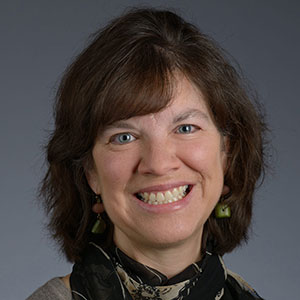
Silva Corinne, Ph.D., Project Scientist
As Program Director of Signaling and Nutrient Sensing, I oversee a portfolio of grants that are focusedon elucidating the role of nutrient sensing signaling pathways in the development and/or progression of insulin resistance, type 2 diabetes, obesity, and metabolic disease. Studies involve the identification of regulators, interacting partners, and substrates to elucidate modes of signal transmission, including circadian regulation, that impact physiological systems and result in metabolic dysfunction. A particular focus is on the nuclear hormone receptor superfamily, a unique class of proteins that regulate an array of molecular functions including metabolic homeostasis. In addition, I oversee a growing portfolio of research grants that focuses on the role of the intrauterine environment in metabolic disease of the offspring. These grants include both basic and translational studies that investigate the mechanisms by which the intrauterine environment alters metabolic responses in the offspring including, but not limited to, intracellular signaling pathways, inflammatory cytokines, nutrient sensing pathways, and epigenetic imprinting. The ultimate goal of this research is to identify molecular targets that could be used therapeutically to prevent metabolic disease.
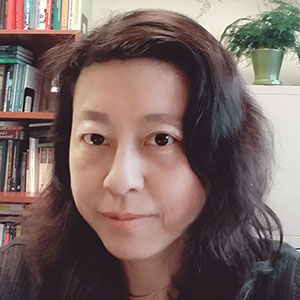
Xujing Wang, Ph.D., Program Director
As the program director for data science and computational biomodelling, I manage a research portfolio of projects that develop methods and tools that enable the utilization of data science in, that utilize high-throughput (Big) data in, and that develop computational, or joint computational and laboratory approaches to model biological processes relevant to, diabetes and metabolic disease research, or any other area of disease or biology of relevance to the DEM mission. I am also the program director for HIRN-CBDS, HIRN-HPAP, dkNET, and co-program director for TEDDY.
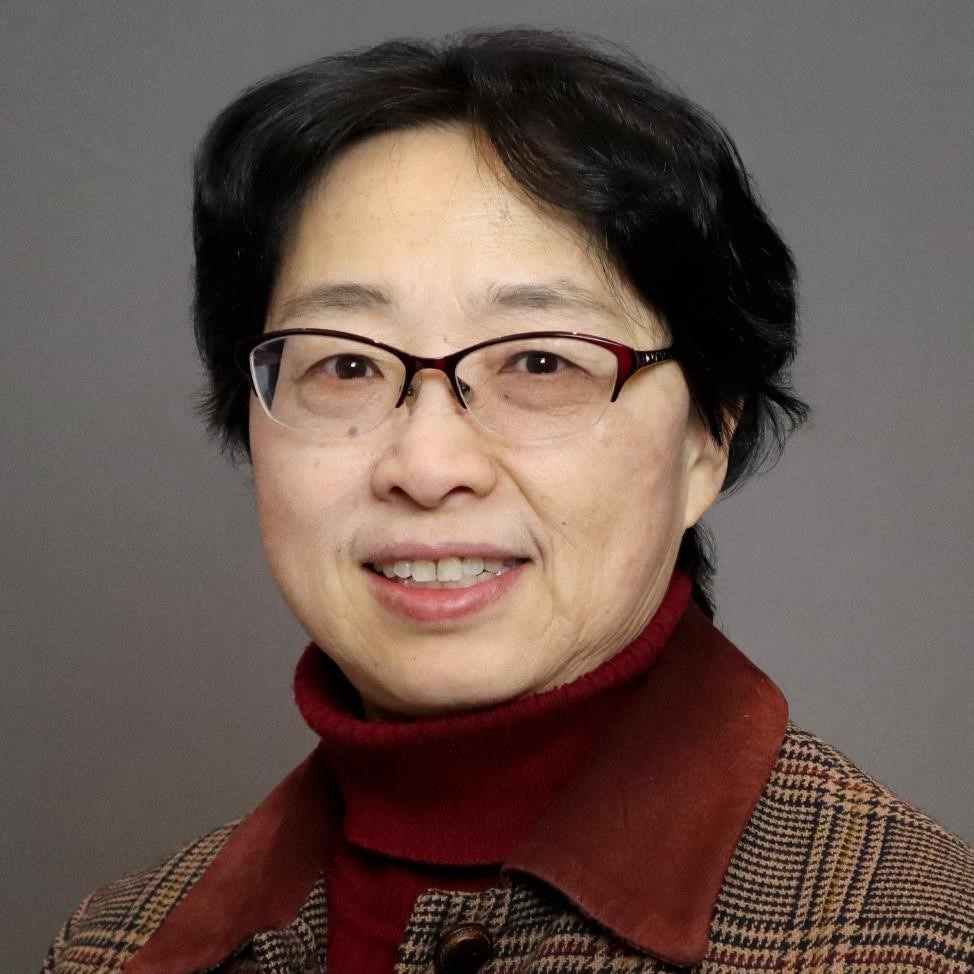
Ashley Xia, Ph.D., Program Director
As a program director, I manage and oversee programs funded by the NIH Common Fund and by DEM. My projects include (1) NIH Common Fund Programs: Molecular Transducers of Physical Activity (MoTrPAC) in Humans; Illuminating the Druggable Genome (IDG); Stimulating Peripheral Activity to Relieve Conditions (SPARC); Metabolomics (2) Division of Diabetes, Endocrinology, and Metabolic Diseases Program: dkNET (3) Committees & Working Groups: The NIH Data Sustainability Working Group; Trans-DK Data Management & Data Science Forum.
NIH NIDDK Ad Hoc Advisors
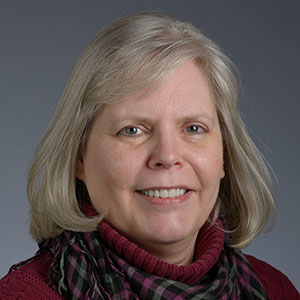
Kristin Abraham, Ph.D.
My portfolio includes research grants focused on the role of inflammation in diabetes and projects developing animal models to enhance basic and preclinical research in diabetes, endocrinology, and metabolic diseases. I also play an active role in the Mouse Metabolic Phenotyping Centers Program, the Diabetic Complications Consortium, and in the second phase of the KOMP2 Knockout Mouse Project. In addition, I am a member of the Common Fund High-Risk High-Reward working group that assists with oversight of the NIH Director's HRHR portfolio including the Pioneer, New Innovator, Early Investigator, and Transformative R01 programs
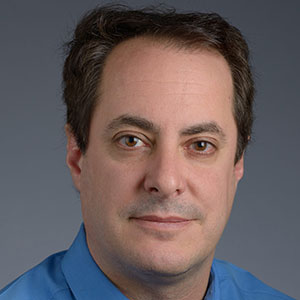
Arthur Castle, Ph.D.
I direct programs that study metabolomics and informatics. As such, I manage a research portfolio that applies technology to measure the large-scale integrated metabolism of cells, tissues, and organ systems. These studies measure and identify many metabolites within multiple pathways and aim to discover new relationships between metabolite profile changes and the pathology of specific metabolic diseases or syndromes. I am a co-coordinator of the Common Fund Metabolomics Initiative. The NIH Common Fund addresses key roadblocks in biomedical research that impede basic scientific discovery and its translation into improved human health. As director of the training program, I manage a research portfolio of fellowships and institutional training grants in diabetes, endocrinology, and metabolism. These fellowships and training appointments provide stipend support for predoctoral and postdoctoral students and fellows doing research in NIDDK mission-related fields. As the informatics director, I manage a research portfolio of bioinformatics and modeling grants and serve on committees related to bioinformatics.
Community Board (March 2024 - )
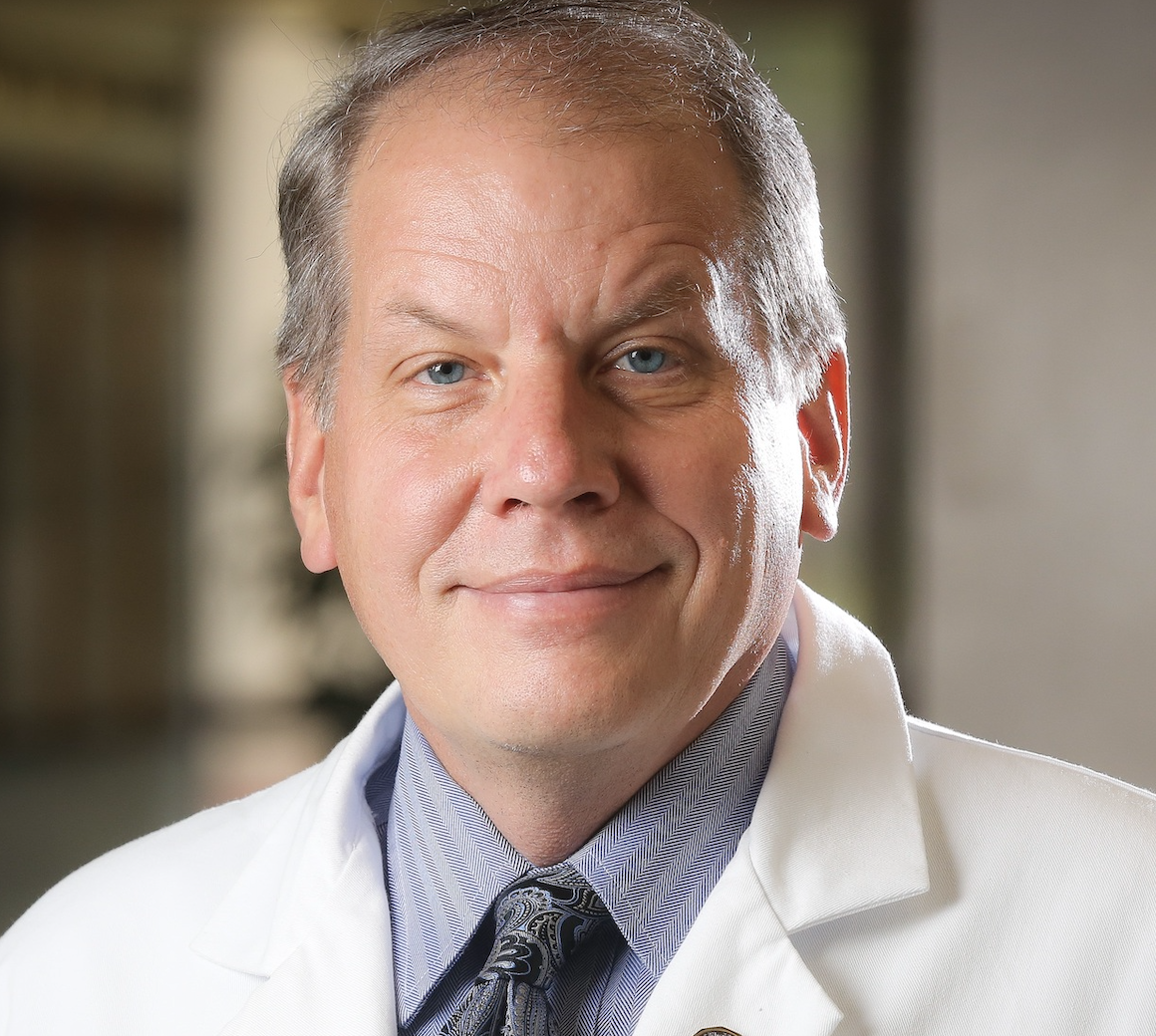
Alan D. Mark Atkinson, Ph.D. (March 2024- present)
Director, UF Diabetes Institute. Professor, Departments of Pathology and Pediatrics
Dr. Mark Atkinson is currently the American Diabetes Association Eminent Scholar for Diabetes Research at the University of Florida (UF), and Director of the UF Diabetes Institute. The author of over 650 publications, 2024 marks his 40th year of investigation into the field of type 1 diabetes (T1D). His research interests include the pathogenesis and natural history of T1D, immune regulation, clinical trials for T1D prevention/reversal, and pancreatic pathology. He has been quite active in service to the diabetes research and care communities at a global level, including the ADA. Dr. Atkinson has served as the ad Hoc Editor in Chief of the ADA journals Diabetes and Diabetes Care for more than a decade. He has also been the recipient of numerous scientific and humanitarian-based awards for his academic and charitable efforts, including the ADA’s Outstanding Scientific Achievement, Harold Rifkin, and Albert Renold awards.
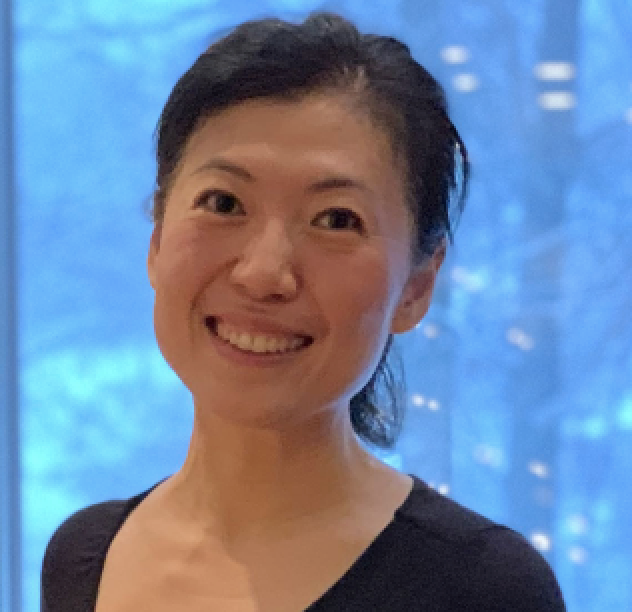
Yan Li, Ph.D. (March 2024- present)
Associate Professor, Department of Genetics and Genome Sciences, Case Western Reserve University
Our lab, rooted in genomics and transcription regulation, focuses on understanding diabetes at a cellular level. We use both stem cell and primary human islet tissue models, leveraging advanced single-cell genomics, epigenomics, and stem cell biology techniques. By integrating these cutting-edge tools, we aim to uncover the molecular mechanisms that drive diabetes, paving the way for innovative therapeutic approaches
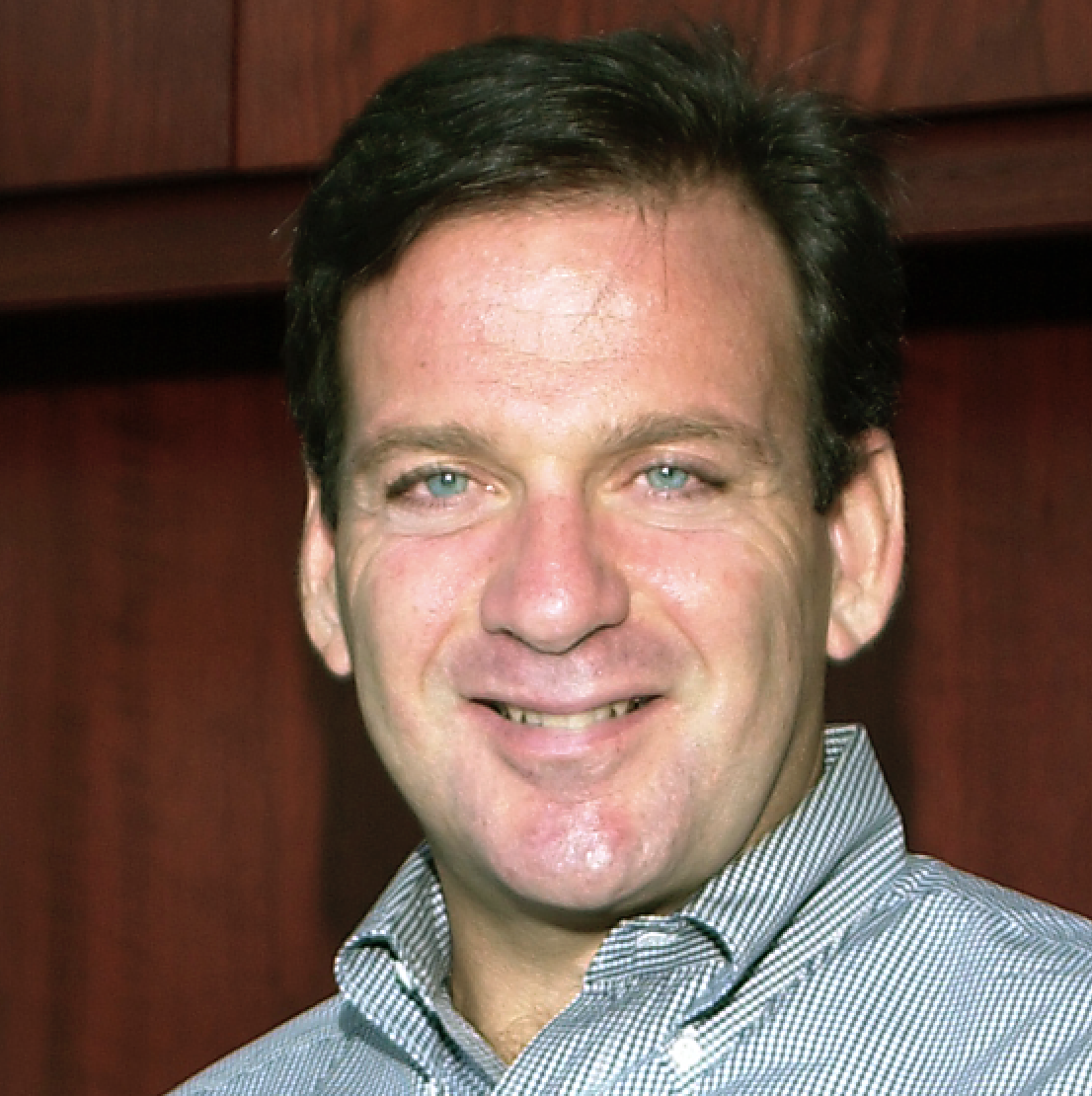
Alan R. Saltiel, Ph.D. (March 2024- present)
Distinguished Professor of Medicine and Pharmacology, Maryam Ahmadian Endowed Chair in Metabolic Health, Director of Institute for Diabetes and Metabolic Health at University of California San Diego; Director of the UCSD/UCLA Diabetes Research Center
Alan Saltiel is Distinguished Professor of Medicine and Pharmacology at UC, San Diego, Maryam Ahmadian Chair in Metabolic Health and the Director of the UCSD/UCLA Diabetes Research Center. He studies mechanisms of energy metabolism in health and disease.

Marcus Seldin, Ph.D. (March 2024- present)
Assistant Professor, Biological ChemistrySchool of Medicine, University of California Irvine
Dr. Marcus Seldin is an Assistant Professor in the Department of Biological Chemistry at UC Irvine. He earned his PhD in Endocrine Metabolism from Johns Hopkins University and completed postdoctoral training at UCLA, specializing in bioinformatics and cardiovascular physiology. His research interests are systems genetics, endocrine physiology, metabolism, and cell-cell communication.
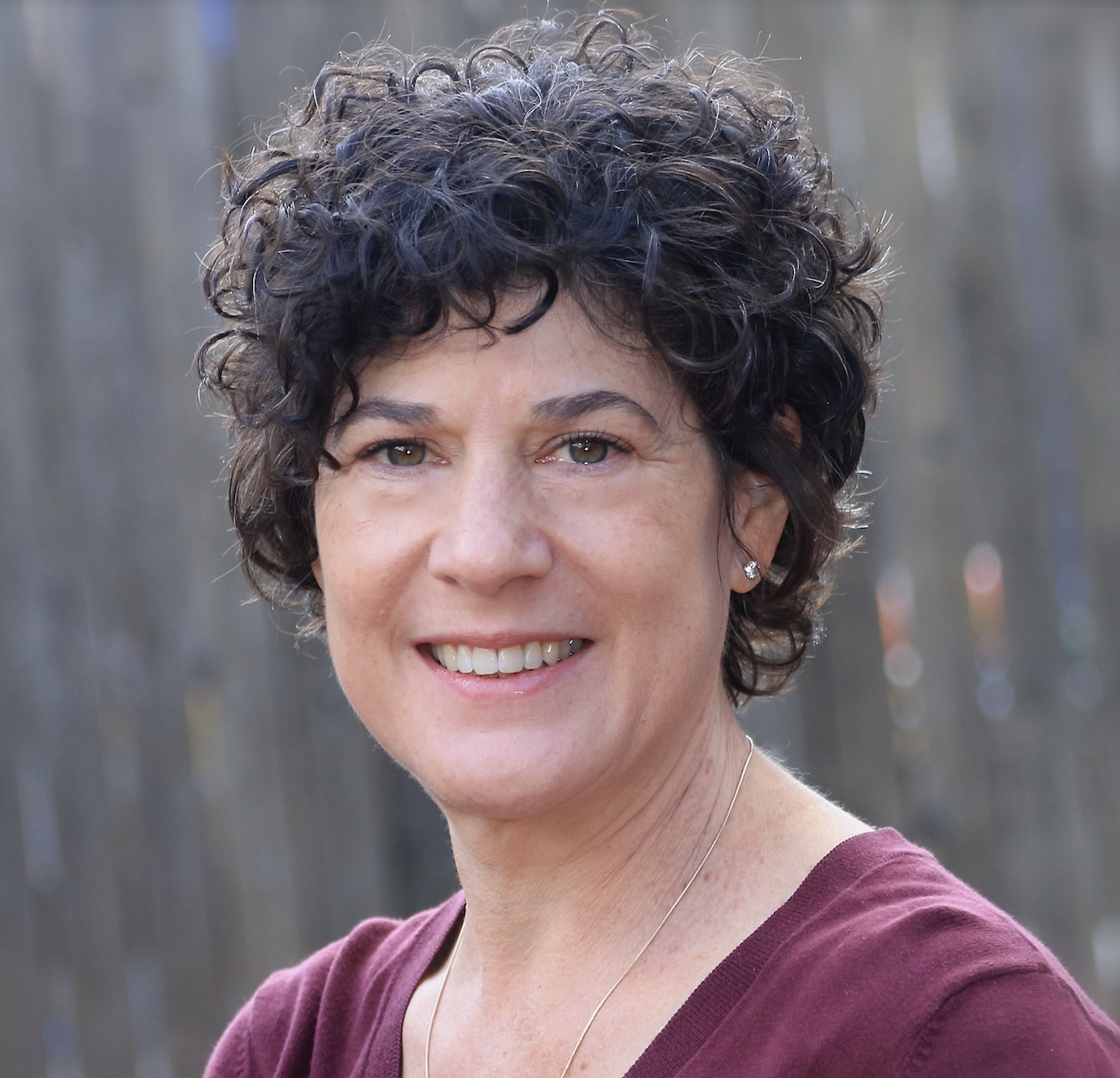
Lori Sussel, Ph.D. (March 2024- present)
Professor, Professor of Pediatrics, Research Division Director of the Barbara Davis Center for Diabetes, University of Colorado Anschutz Medical Center
Dr. Sussel is a Professor of Pediatrics and Research Division Director of the Barbara Davis Center for Diabetes at the University of Colorado Anschutz Medical Center. Her research program is focused on the role of transcriptional regulation and RNA processing in pancreas development, islet biology and diabetes.
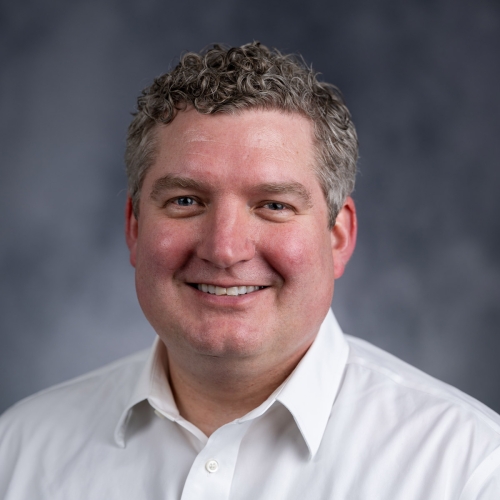
Stephen Parker, Ph.D. (March 2024-present)
Professor of Computational Medicine and Bioinformatics, Professor of Human Genetics, Professor of Biostatistics, University of Michigan Medical School
External Scientific Advisory Panel (2019-2023)
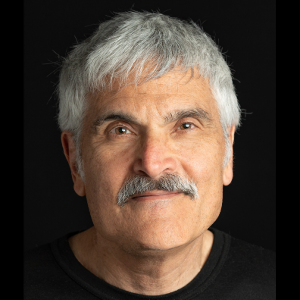
Alan D. Attie, Ph.D. (2021- 2023)
Jack Gorski Professor of Biochemistry, University of Wisconsin-Madison
Dr. Attie is Professor of Biochemistry at University of Winsconsin-Madison. Dr. Attie has worked on metabolic aspects of cardiovascular disease since 1976. He has worked on lipoprotein metabolism, cholesterol transport, and in more recent years, the genetics of diabetes and hepatic steatosis. His laboratory combines metabolic research with current approaches to genetics and genomics. His laboratory has extensive experience with microarray analysis and integration of high-volume data from multiple sources in the context of obesity and diabetes. The current projects are aimed at understanding b-cell proliferation, insulin secretion, insulin action, and hepatic steatosis.
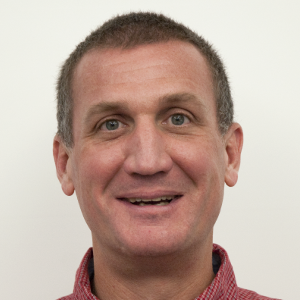
Mark P. Keller, Ph.D. (2021- 2023)
Distinguished Scientist, University of Wisconsin-Madison
Dr. Keller has pursued scientific research for nearly 40 years. He began his career as an undergraduate at the University of Oregon where he measured light-evoked electrical signals in the ventral photoreceptors of Limulus Polyphemus, also known as horseshoe crabs. He did his graduate work at the University of Wisconsin, and post-doctoral studies at the University of Washington where he continued to work on the physiological pathways that mediate phototransduction in multiple model systems. Dr. Keller returned to the University of Wisconsin, where he currently holds the position of Distinguished Scientist in the Biochemistry Department. He has worked with Professor Alan Attie for >20 years to exploit natural genetic variation in mice as a discovery platform to link genetic differences with physiological differences, and use these links to model disease risk in humans. The overall aim Dr. Keller’s work is to use model organisms and statistical tools to generate robust causal relationships between gene loci and physiological traits that will lead to new discoveries related to the pathogenesis of diabetes and other metabolic disorders.
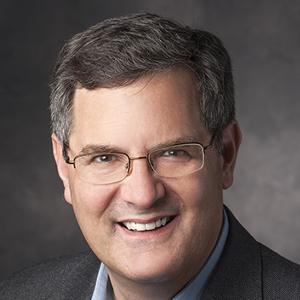
Mark A. Musen, M.D., Ph.D. (2019- 2023)
Professor, Medicine (Biomedical Informatics) and Biomedical Data Science, Stanford University School of Medicine
Dr. Musen is Professor of Biomedical Informatics and of Biomedical Data Science at Stanford University, where he is Director of the Stanford Center for Biomedical Informatics Research. Dr. Musen conducts research related to open science, intelligent systems, computational ontologies, and biomedical decision support. His group developed Protégé, the world’s most widely used technology for building and managing terminologies and ontologies. He served as principal investigator of the National Center for Biomedical Ontology, one of the original National Centers for Biomedical Computing created by the U.S. National Institutes of Heath (NIH). He is principal investigator of the Center for Expanded Data Annotation and Retrieval (CEDAR), supported by the NIH Big Data to Knowledge Initiative. CEDAR develops semantic technology to ease the authoring and management of biomedical experimental metadata. Dr. Musen directs the World Health Organization Collaborating Center for Classification, Terminology, and Standards at Stanford University, which has developed much of the information infrastructure for the authoring and management of the 11th edition of the International Classification of Diseases (ICD-11).
Dr. Musen was the recipient of the Donald A. B. Lindberg Award for Innovation in Informatics from the American Medical Informatics Association in 2006. He has been elected to the American College of Medical Informatics, the Association of American Physicians, the International Academy of Health Sciences Informatics, and the National Academy of Medicine.
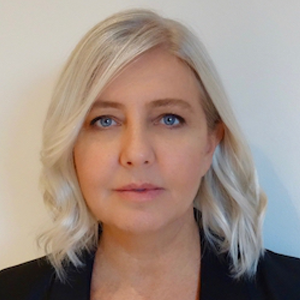
Susanna-Assunta Sansone, Ph.D. (2019- 2023)
Group Leader and Principal Investigator, Associate Director, Oxford e-Research Centre, University of Oxford; Associate Professor, Department of Engineering Science, University of Oxford
Dr. Sansone's group researches and develops methods and tools to improve data reuse. They work towards improving data transparency, research integrity and the overall evolution of scholarly publishing. Dr. Sansone is the founding Honorary Academic Editor of Springer Nature's Scientific Data open access journal, and one of the co-authors of the FAIR Principles.
Dr. Sansone holds a PhD in Molecular Biology from the Imperial College of Science, Technology and Medicine in London. Before joining the University of Oxford in 2010, she was a Team Coordinator at the EMBL-EBI for almost 9 years, and previously a Senior Scientist in vaccine research in an Imperial spin off.
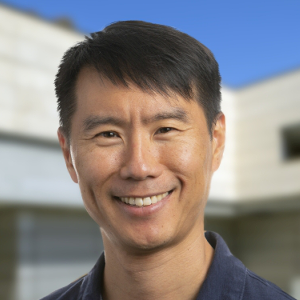
Andrew Su, Ph.D. (2019- 2023)
Professor, Department of Integrative, Structural and Computational Biology, The Scripps Research Institute
Dr. Su is a Professor at the Scripps Research Institute in the Department of Integrative, Structural and Computational Biology (ISCB). His research focuses on building and applying bioinformatics infrastructure for biomedical discovery. His research has a particular emphasis on leveraging crowdsourcing for genetics and genomics. Representative projects include the Gene Wiki, BioGPS, MyGene.Info, and Mark2Cure, each of which engages the crowd to help organize biomedical knowledge. These resources are collectively used millions of times every month by members of the research community, by students, and by the general public.

Wei Wang, Ph.D. (2019- 2023)
Leonard Kleinrock Chair Professor, Department of Computer Science, University of California, Los Angeles; Director, the Scalable Analytics Instiutue (ScAi)
External Scientific Advisory Panel (before 2019)
Lauren Becnel, Ph.D.
Andrea de Souza, Ph.D.


